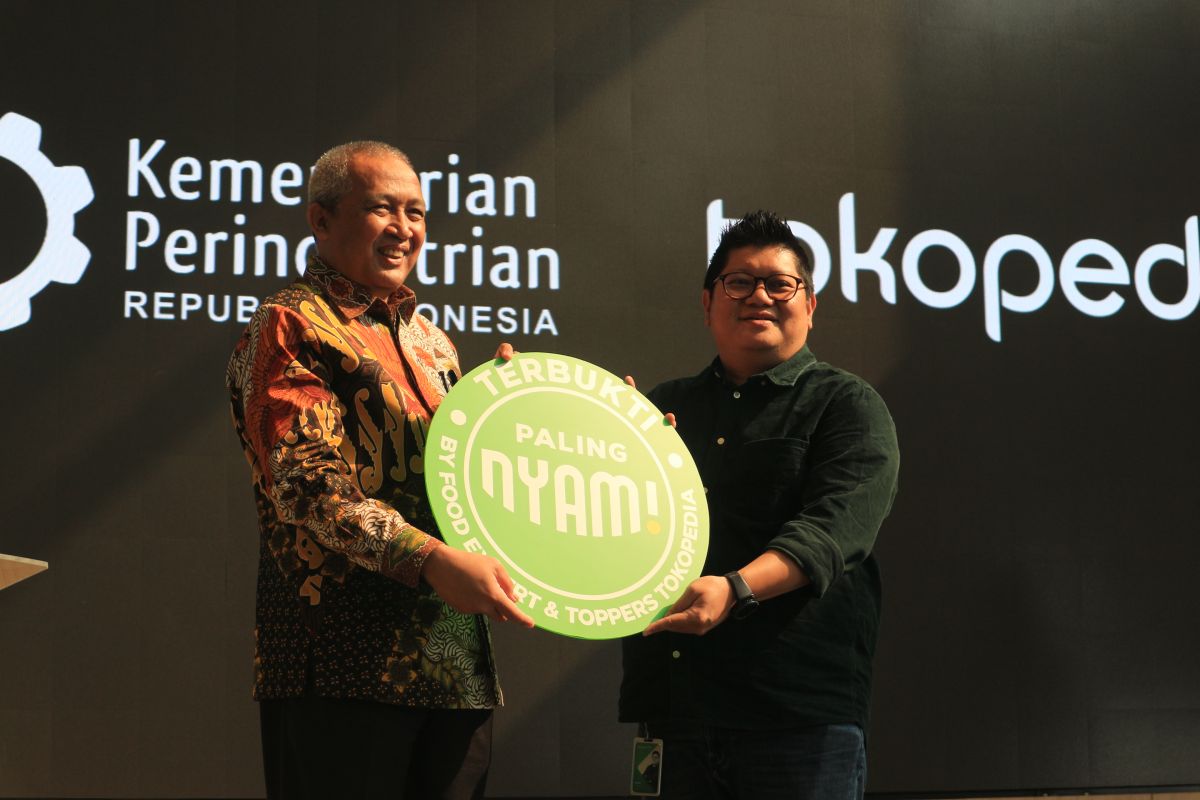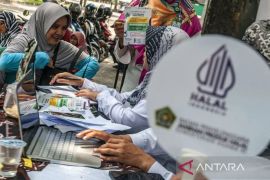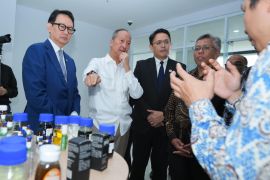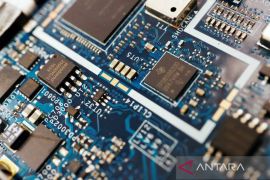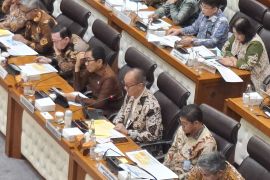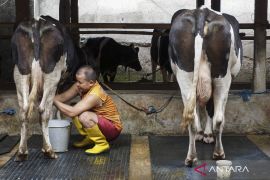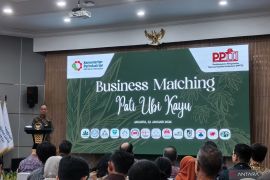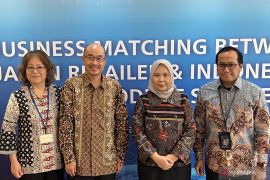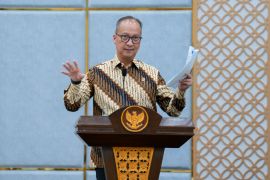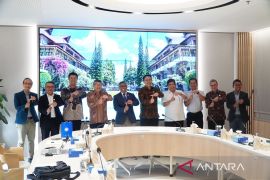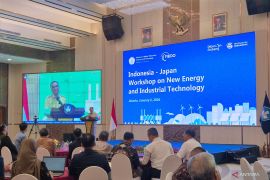"One of the key elements of success in taking advantage of opportunities is increasing digital literacy; this is very important because it can improve business performance," he explained at an awards event in Jakarta on Friday.
In the current era of globalization, the ability to adapt to digitalization can help IKMs become shrewd at reading market opportunities, trends, and needs — not only at the domestic level, but also at the global level, he observed. The marketing of IKM products has now become easier and wider, including through the "lokapasar" platform.
The platform, Sabaryadi said, needs to be utilized as much as possible by local IKMs given that the number of active internet users in Indonesia reached almost 210.6 million in 2022, and the value of electronic money transactions, according to Bank Indonesia data for 2022, skyrocketed to Rp399.6 trillion.
"This figure has grown by 30.84 percent compared to 2021, and it is projected that it will continue to increase to (reach) Rp495.2 trillion in 2023, when most people use it to shop online," Sabaryadi added.
The digital transformation of IKMs, especially in the food and beverage sector, can lead to the country's economic growth. So far, this sector has been the backbone of Indonesia's economy.
In the first quarter of 2023, the food and beverage sector contributed almost 38.61 percent to the gross domestic product (GDP), or accounted for around 6.47 percent of the total national GDP.
A portion of this value was contributed by food and beverage IKMs, whose number was recorded at around 1.66 million.
"This digital transformation will also help Indonesia achieve its mission of becoming the fifth-largest economy in the world by 2045," said Sabaryadi.
Related news: Ministry ready to help IKMs optimize product processing technology
Related news: Industry Ministry helping IKMs access raw materials
Translator: Pamela Sakina, Cindy Frishanti Octavia
Editor: Rahmad Nasution
Copyright © ANTARA 2023
